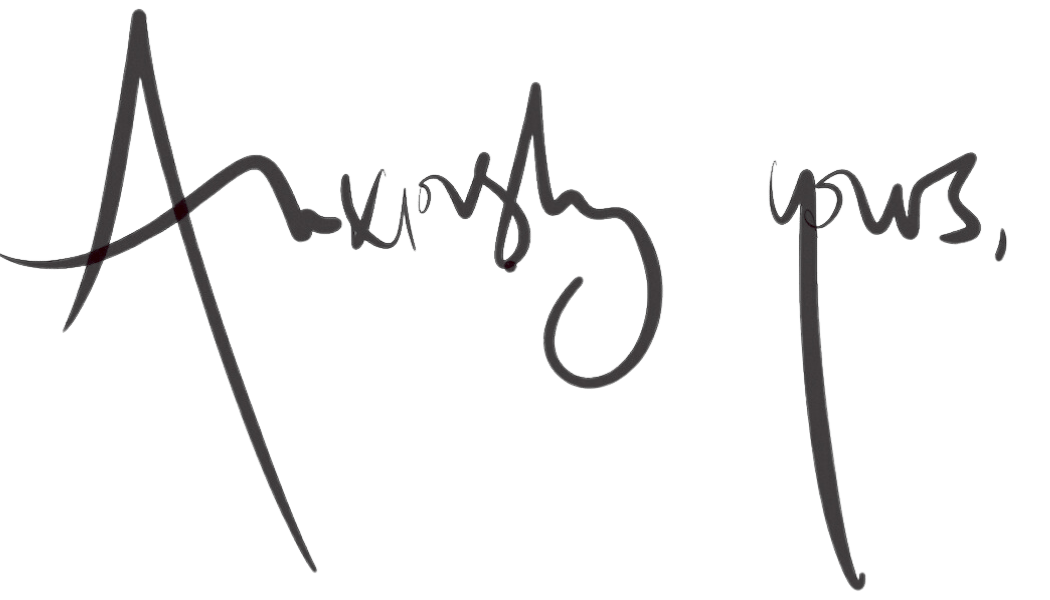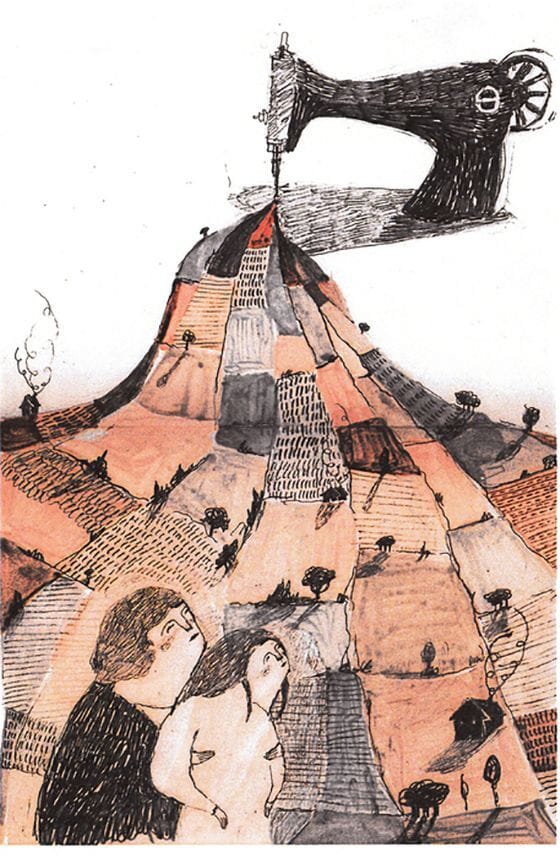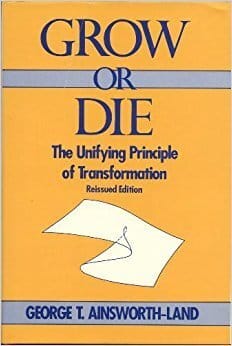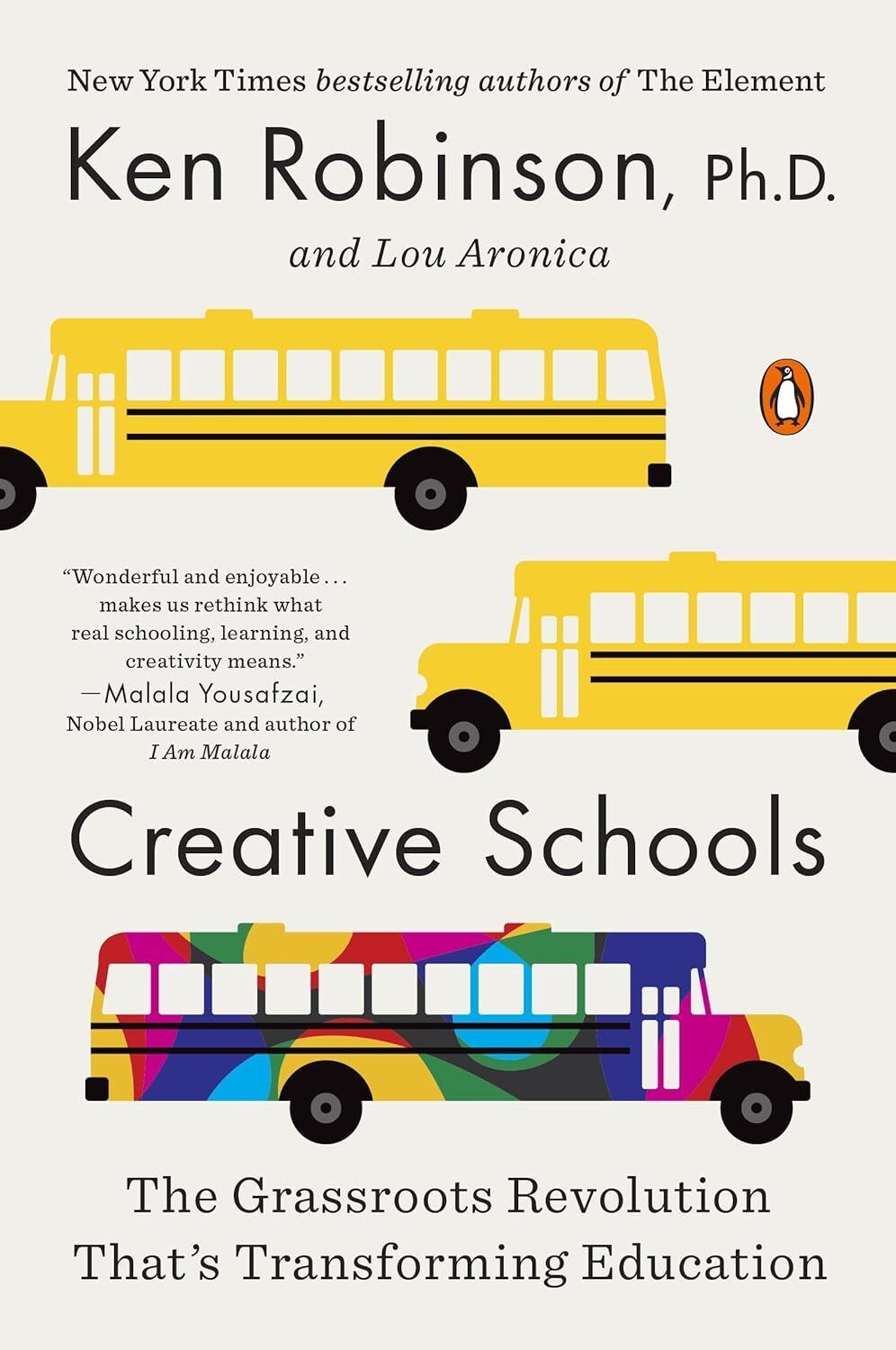You’re reading How to Live—an inquiry into the psychological forces that shape us, and how to stop being run by them.
Through deep research, personal storytelling, and hard-won insight, I challenge the myth of normalcy and offer new ways to face old struggles.
This work is reader-supported. If it speaks to you, consider a paid subscription for deeper insight, off-the-record writing, and seasonal in-person gatherings.
You can also donate any amount.
How School Kills Wonder: NASA's Forgotten 1968 Study on Education's Silent War Against Creative Genius.
Imagination is the source of every form of human achievement. And it's the one thing that I believe we are systematically jeopardizing in the way we educate our children and ourselves.
We live in a world that claims to value innovation and original thinking. However, as we move through each grade, we are indoctrinated against making unexpected connections between disparate subjects to arrive at creative solutions.
We are forced to sit still when we need to be moving. We need to wake up early when we need to sleep. We are expected to pay attention for long periods to learn in one specific style, measured against arbitrary standards using one type of test, in a staid environment, for which we are graded.
We are forced inside from outside the box.
The baffling thing about the system of educating children and teens is its whole-cloth misapprehension of what children and teens need. This is why our system excels at diminishing our creative capacity. By the time we’re fully grown, our school system has eradicated our innate inventiveness by nearly 100%. This is not hyperbole, nor conjecture. This, dear readers, is a fact.
In 1968, NASA wanted to assign its most innovative engineers and scientists to tackle the most challenging problems. However, they lacked the tools to identify their team's most creative and imaginative members. They commissioned Dr. George Land, author and general systems scientist who discovered Transformation Theory, and business leader Dr. Beth Jarman, to create an instrument to pinpoint creativity.
While the method was successful, it didn’t answer a fundamental question: Where does creativity come from?
Land replicated the study to answer this question, using 1600 children aged 4-5. The test presented children with problems and asked the kids to come up with new or different ideas to solve them.
What they discovered stunned them—98% of those 1600 children scored at the “creative genius” level for imaginative thinking.
That’s right.
You heard me.
Brills.
They decided to follow these children and turned it into a longitudinal study.
Testing them again at 10 years old, the children’s creativity and imaginative thinking had plummeted to 30%. By age 15, the number had dropped to 12%.
The longitudinal study on kids ended there (apparently, the teachers running the studies got too depressed by the results), so they decided to test adults.
People, buckle up.
We scored a measly 2% for creativity.
These findings led Land to a profound conclusion: Non-creative behavior is learned.
The implication is clear - our education system and societal norms inadvertently stifle the natural creative abilities we all possess as children.
To dig deeper, I turned to the work of the late and fantastic Sir Ken Robinson, a renowned educationalist and creativity expert.
In his celebrated TED talk, "Do Schools Kill Creativity?", (scroll down) Robinson reveals the sundry ways education squanders imagination, creativity and talent. Instead of elevating our innate sense of wonder, schools are the most significant contributor to the decline in creative thinking.
As children, we are not afraid to be wrong. We take risks. We don’t consider falling off a balance beam a failure; we view it as part of the learning process. Only when we begin school are we shamed for our mistakes, improvising, guessing, and taking risks.
If you’re not prepared to be wrong, you’ll never come up with anything original.
For a brief and beautiful window, children absorb the world firsthand. Everything is new, without reference points, preconceived notions, shoulds, or ideas about how to experience, say, see, or do things. We are nothing less than creative geniuses.
Then we go to school.
School, the environment meant to enrich and nurture our intellectual and creative life, does its best to educate us to be less original. School teaches children to fear being wrong and trying because the consequences of our mistakes impact our social standing and sense of self. Instead of being celebrated for the wondrous difference that makes us unique, we are shamed for what makes us special.
Our education system, and by extension society, actively chooses to hew to the entrenched systems of the status quo.
Our flexible thinking is squashed into a single rigid mold, and our creativity is flattened.
Robinson was convinced that putting academic achievement above all else kills creativity. He explains that the current educational model was shaped by the needs of industrialism, placing undue emphasis on job-related subjects like math and science at the expense of creative disciplines like art, music, and dance.
School insists that information—the external “what” of data—is more essential than the internal “why” of creativity.
By equating information with intelligence, students of imagination, creativity, and wonder learn that their interests aren’t valuable—that they’re not the right kind of smart.
But intelligence is not fixed. It’s diverse, dynamic, and distinct; we think and process information differently.
By narrowly defining intelligence through academic performance, Robinson insisted we overlook and undervalue the vast array of human capabilities.
According to neuroscience, as Land and Robinson explained, our brains engage in two types of thinking: divergent (imaginative, idea-generating) and convergent (analytical, idea-evaluating).
While both are essential, our education system emphasizes convergent thinking at the expense of divergent thinking.
As we progress through school, we're taught to use both types of thinking simultaneously - to generate ideas while immediately judging them. Land said this is akin to driving a car with one foot on the accelerator and one on the brake. It diminishes our brain's power and inhibits our natural creative abilities.
Creativity is the cornerstone of innovation, problem-solving and adaptability. By encouraging risk-taking, embracing mistakes as learning opportunities, and valuing imagination, we can cultivate an environment where creativity thrives.
As George Land aptly put it, we must ask ourselves: "Are we going to have a culture that realizes that imagination is more important than knowledge?" This doesn't mean disregarding knowledge but recognizing that the ability to imagine and see possibilities where others see obstacles drives human progress.
Because here’s the best thing—our divergent brain doesn’t disappear. It never goes away. We are all capable of being the creative geniuses we were as children. Creativity is innate; it’s school that drums it out of us.
The more we depend on correct, repeatable, and predictable answers, the more we stigmatize wrong answers and consider failure the definitive endpoint instead of a crucial step in growth. The less we change the world for the better.
As we age, the decline in creativity, illustrated by Land's study and articulated by Robinson, is not inevitable. It's a consequence of how we structure our education system and, by extension, our society.
Once we recognize the harmful pattern, we can work to reverse it.
We must challenge our approaches and reform our learned behavior to stifle creativity by nurturing it. We must value diverse forms of intelligence, encouraging imaginative thinking and creating environments where it's safe to take risks and make mistakes.
But, hang on.
If creativity is innate, how do we tap into that creative genius?
Spend time daily challenging yourself to find new solutions to old problems. Make a list of 10 improvements to the chair.
Become an innovator by being curious about everything.
Look at inanimate objects through the eyes of an eight-month-old baby. What are they?
Dr. Land would ask you to look at a fork. Then, get out a pencil and develop 10 ideas that might work better.
Act like a 5-year-old.
Until next week, I will remain…

Amanda
P.S. Thank you for reading! This newsletter is my passion and livelihood; it thrives because of readers like you. If you've found solace, wisdom or insight here, please consider upgrading, and if you think a friend or family member could benefit, please feel free to share. Every bit helps, and I’m deeply grateful for your support. 💙
Quick note: Nope, I’m not a therapist—just someone who spent 25 years with undiagnosed panic disorder and 23 years in therapy. How to Live distills what I’ve learned through lived experience, therapy, and obsessive research—so you can skip the unnecessary suffering and better understand yourself.
Some links are affiliate links, meaning I earn a small commission at no extra cost to you. Every bit goes straight back into supporting this newsletter. Thank you!






 Upgrade
Upgrade